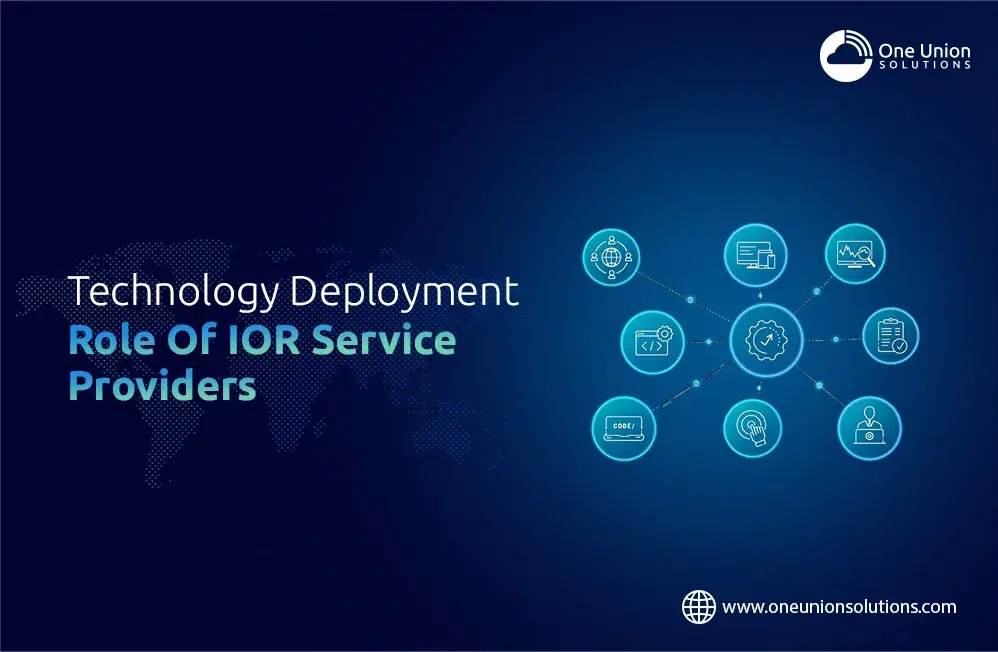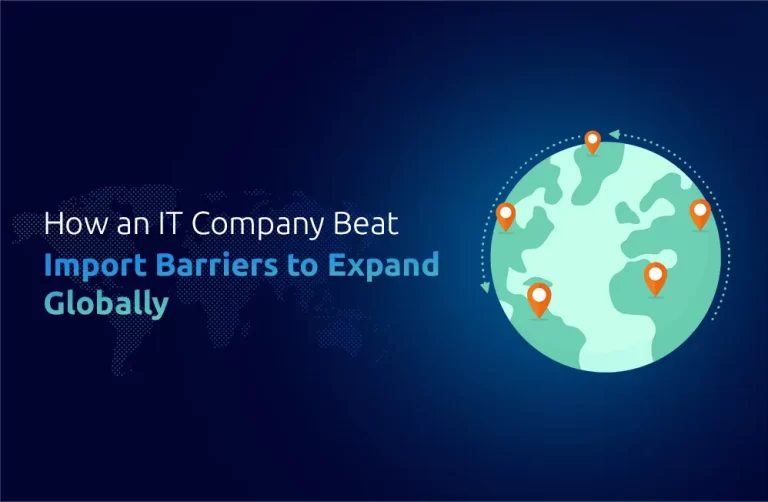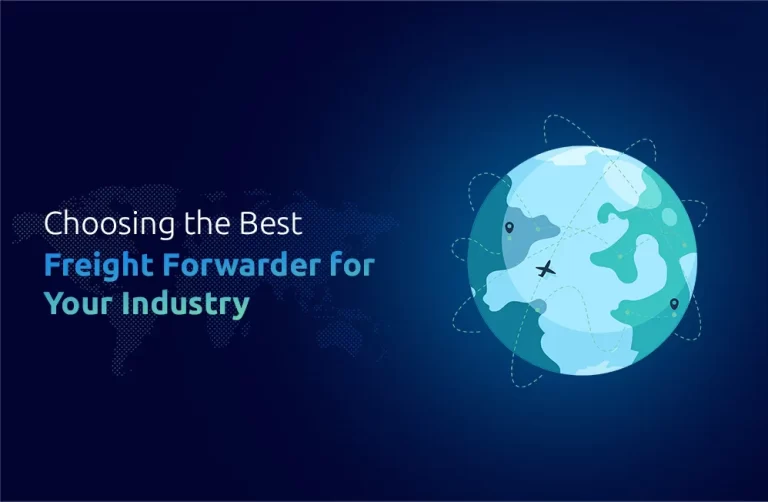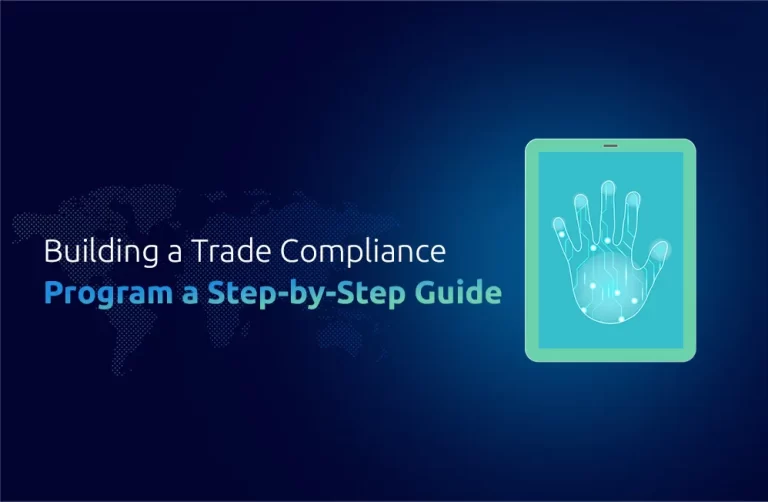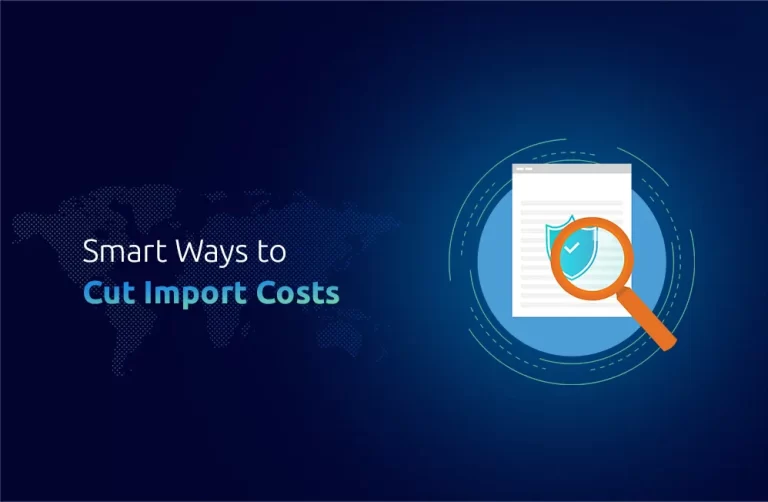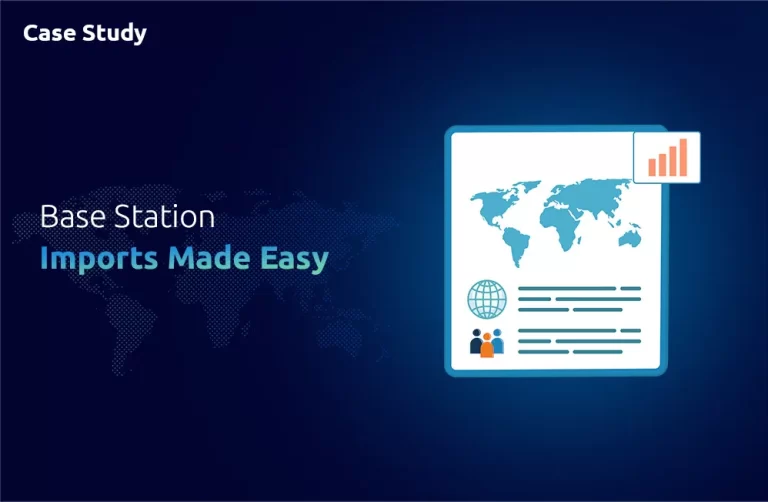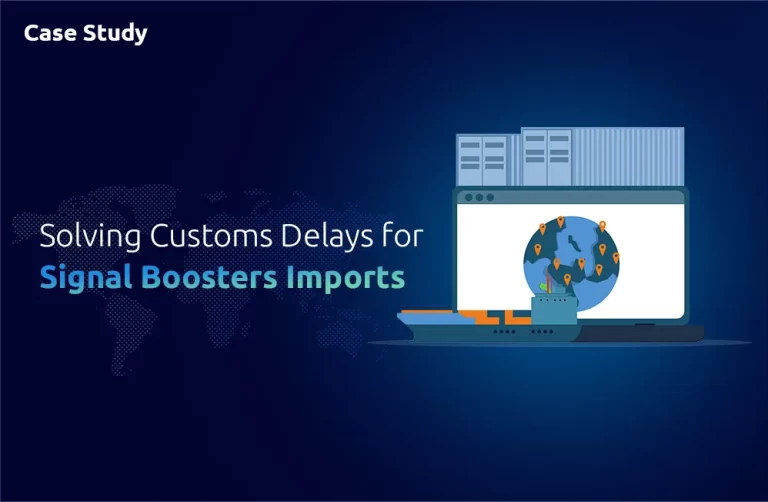Interactions with value-added resellers and international end users of technology have made us aware of how quickly the processes for purchasing and deploying technology are evolving.
Disbanded networks are no longer in use
Disbanded networks are no longer in use, major companies have abandoned infrastructures divided up depending on location, and the network is rapidly evolving with little indication of slowing down.
Why Rapid global deployment is necessary
Rapid global deployment is crucial due to the technological development of the following:
Cloud Services: The term “cloud services” refers to a wide range of services made readily available to businesses and people online. The purpose behind developing these services was to give easy, affordable access to materials and programs without any need for specialized technology or infrastructure on the user’s end. Today knowingly or unknowingly, most staff use these services in their daily routine for simple tasks like checking their emails or working together on documents.
Cloud computing vendors and service providers are in charge of managing cloud services. Customers can access them from the providers’ servers, so a company is not required to host applications on its on-premises servers.
Managed Services: A managed service provider (MSP) offers services including network, application, infrastructure, and security through continuing, routine support and active management on the premises of customers, in the data centre of their MSP (hosting), or a third-party data centre.
IoT (the Internet of things): The internet of things is a network created by connecting computing devices, digital and mechanical machinery, products, people and even animals which can exchange data. This exchange doesn’t require human-to-computer or human-to-human interaction. By “thing’ it means that any object (natural or artificial) is assigned an IP (Internet Protocol) address, and subsequently, the transfer of data over a network becomes possible. Examples are Smart mobiles, Smartwatches, medical sensors, smart security systems, fitness trackers etc.
Machine learning technologies: The usage and creation of computer systems that can adapt and learn without being given explicit instructions by analysing data patterns and making conclusions using statistical models and algorithms. Due to the advancement in the technologies mentioned above, people living in the USA or any other part of the world anticipate being able to instantaneously and anywhere access their online services. As a result, Businesses are now managing and purchasing their technology centrally. Based on the requirements of their satellite offices and data centres, they launch global projects. They frequently have several installations in the same country.
Logistical challenges in Rapid global deployment
However, quick deployment on this scale poses logistical difficulties since engineers must be scheduled to be present on site and because downtime for IT systems and change-management procedures must be meticulously timed.
Equipment must be delivered to the sites on time, in conformity with all import laws and regulations, and during designated delivery windows to data centres that may be dark for extended periods. It should go without saying that this is not a simple operation, especially when central network coordination is needed and there is no margin for error.
Role of IOR in Mitigation the risk of delays
The requirement for such accuracy has its complications. Dual-use, controlled goods can frequently be time-consuming, with numerous factors affecting the process depending on the country. If timescales for import clearance and delivery cannot be assured, moving goods to foreign places when working to a tight deadline can be hazardous.
What is an importer of record (IOR)?
An importer who ensures that the goods being imported conform with all laws and customs regulations of the country where the goods are being imported is known as an importer of record (IOR). The owner of the goods is typically an IOR, although it can be a designated person or a customs broker.
An IOR and storage service is the best option to import, clear, and store the items until the customer needs them for a time-sensitive installation; this is an excellent alternative for companies looking to reduce time risks and a service to which resellers can add value.
Cleared products are kept in a high-security warehouse where they are needed, then physically called off and dispatched as and when they are required to specific locations within the country. As opposed to several expensive importation and clearance procedures, this method only requires a single import and clearance process for the entire consignment.
Advantages of Working with a Professional IOR
Partnering with an expert Importer of Record (IOR) service provider can massively increase your import operations and simplify your global supply chain. These experts bring a wealth of benefits to your business, confirming smooth and efficient global trade processes.
They provide unmatched professionalism in global trade regulations, helping you stay compatible with ever-changing rules and avoid costly mistakes. They simplify customs clearance, reducing delays and quickly getting your goods to market. By reducing risks and confirming approval, they reduced legal and financial risks related to importing, protecting your business from possible penalties and reputational damage.
One Union Solution A valued IOR Solution
In the rapidly changing world, old networks are swiftly becoming a thing of the past. Public demand is increasing for modern technologies as they anticipate being able to instantaneously and anywhere access their online services. Rapid global deployment is crucially needed, which can be achieved with the help of an IOR service. Learn more about our project storage and Importer of Record solutions.

